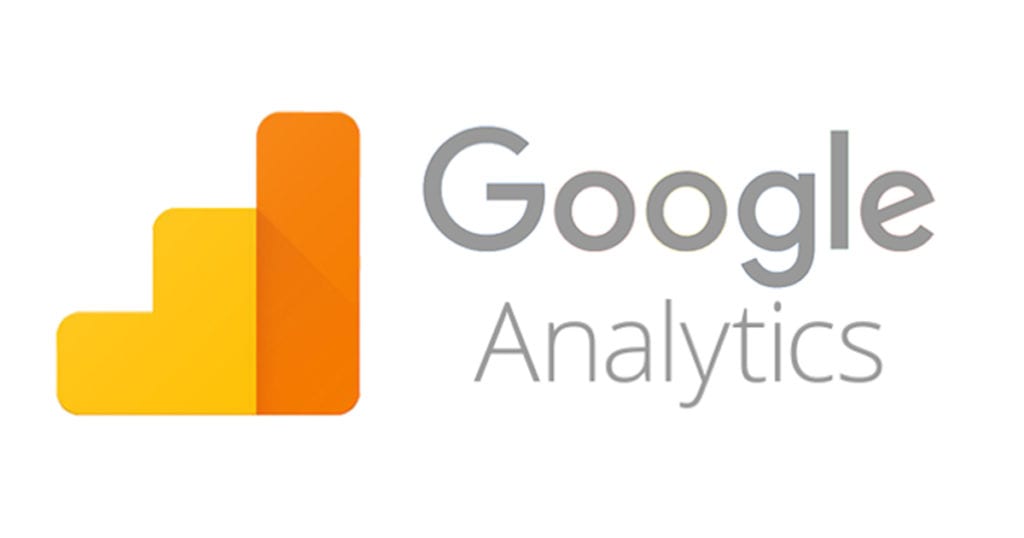Analytics are a crucial digital marketing tool for all online businesses. However, they’re often seriously underused, with serious implications for long-term performance.
Google Analytics is by far and away the most commonly used analytics platform, not least because it’s free! It allows businesses to measure the results of individual campaigns in real time and compare the data to previous periods. It can be readily customised to suit every business and used to measure the performance of their website. However, 80% of accounts have issues with set up or implementation.
Problem solving:
Google Analytics is a great problem-solving tool. It allows you to identify issues on your website. Common problems include high bounce rate, short sessions, visitors not reaching certain content and dropped baskets.
However, it’s important to remember analytics will only point out a problem, it’s up to you to fix it!
Measuring:
Google Analytics categorises data into 4 categories.
Acquisition – shows how traffic arrives at your site and your bounce rate (how many people leave your site without visiting a second page.)
It’s a great measure for seeing how people are finding you. Are they coming from your paid advertising (Social, Display, Email, PPC), newsletters, directly, or via organic search? Based on the results you can optimise your marketing strategy to improve efficiency.
Behaviour – this shows you what visitors do on your site. This helps you assess the performance of your website content. This is really useful as it can help you plan new content, inform your product range and assess the impact of promotions. This tab also shows you the amount of traffic your site received during a certain time period.
Conversions – this tells you how people convert on your website. This can be for specific goals, sign ups, sales, enquiries, or any particular event. In order to track conversions effectively it’s important to set up clearly defined goals. There are 3 types of conversion goals.
- Destination goals – when a visitor reaches a specific page such as a thank you page or a booking confirmation.
- Engagement goals – when a visitor spends a certain amount of time on a particular page or piece of content.
- Event goals – when a visitor performs a specific action such as viewing a video or clicking a button.
We can use goal conversions as a success metric in determining the success of advertising campaigns, SEO and other activities. E-commerce tracks the success of your website in contributing to sales and revenue.
How can Ads360 help?
As we’ve seen GA can be an invaluable tool for your business. It can help you track which parts of your site visitors are interested in, and more importantly which they’re not. It can make your marketing and advertising efforts more efficient by showing which advertising messages and channels they’re engaging with. And, finally what is driving them to convert against your defined goals such as sales and enquiries.
However, none of this is possible unless your analytics is properly setup to record what’s important to your business. Before you undertake any advertising, or changes to your site’s content it’s crucial GA is in place and correctly configured. Ads360 can do this for you. We’ll test that your conversion goals are recording properly, the correct tags are on-site, avoid two codes firing to the same property, set up the right tracking code for your business among countless others tasks that will ensure you set up to measure the performance of your site and your advertising.
Get in touch if you’d like to have a chat about getting your analytics assessed

